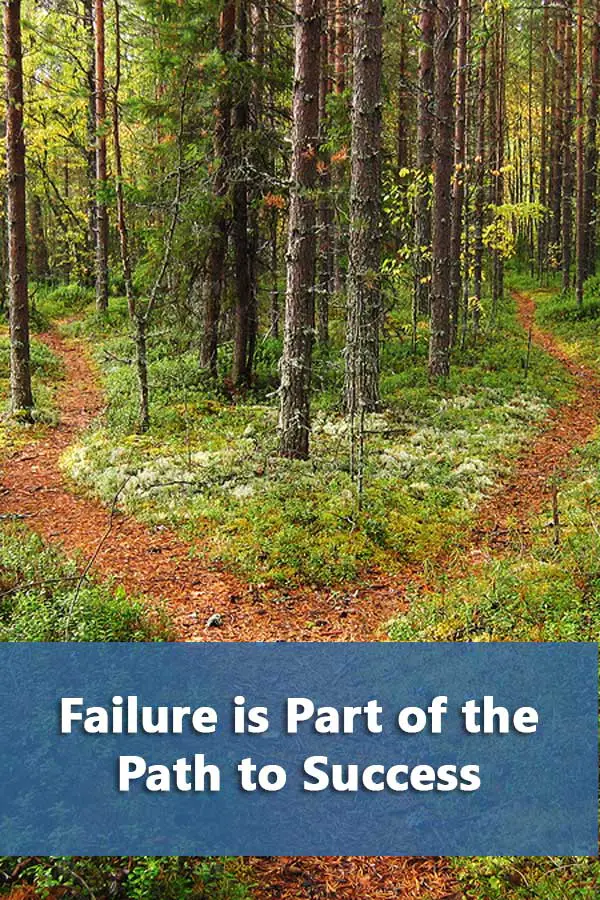 Does playing baseball at Princeton and getting drafted by the Detroit Tigers count as success in playing baseball? If so, then pay attention to Steve Young’s recruiting story. The path to success isn’t always straight and obvious.
Does playing baseball at Princeton and getting drafted by the Detroit Tigers count as success in playing baseball? If so, then pay attention to Steve Young’s recruiting story. The path to success isn’t always straight and obvious.
I remember the first letter I received from a college that was interested in me to play baseball for their program. I was a sophomore in high school and it was from Notre Dame. Now, I had already made up my mind in 7th grade that I was going to play baseball at Stanford but getting a letter from anyone at this point felt awesome! My first thought was, “How did they find me?”
I have a better idea now but what that one letter did for me was get me all the more serious about playing college baseball. The recruiting process for me at this time was all about exposure and developing my game.
I had a plan
My mindset was that I had to continue to develop my skills so that when a scout or coach does see me play, I’d be ready to perform. From the time I got that letter my sophomore year, I made a plan to be strategic about where and how I was going to get seen. What I didn’t know was that most of my opportunities came from coaches finding me.
The summer after my sophomore year, I attended the Stanford baseball camp. I wanted to go to Stanford so attending the camp was a no-brainer to me. My camp experience was terrible. It wasn’t because there was anything wrong with the camp itself, it was just that I played very poorly. While I was disappointed at my performance, I came back motivated and focused to get better.
Unexpected Interest
I continued to focus on opportunities that allowed me to play on teams with good competition that would attract coaches. This included trying out for the Pittsburg Pirates and Atlanta Braves Scout teams. I was invited to try out for the Los Angeles Dodgers Area Code team. Ultimately, I never made any of those teams. But it was while trying out for these teams, that I caught the interest from the Air Force Academy and the University of Missouri.
University of Missouri was my biggest and strongest recruiter. They were the only school with whom I had an official visit. Other than Notre Dame, Air Force, and the University of Missouri, I did not have much interest elsewhere.
It was April of 2000 when I got my acceptance letter to Princeton. Not surprisingly, my parents immediately wanted me to accept it. I did but was a bit hesitant because I had never heard from the Princeton coaches.
Crossing Paths
As it would turn out the Princeton coaches knew of me, partly because they remembered seeing me play at the Stanford baseball camp! I had no idea Princeton coaches had attended that camp. It turned out that position opened up when a middle infielder opted to go to another school. I was a “recruited walk-on” and was very grateful that everything worked out as well as it did.
4 Lessons Learned
Here are some lessons I’ve learned from this whole process:
One. Maintain a healthy perspective
Your career does not end with one performance or even a few. This perspective is key for student-athletes going through the recruiting process.
My Stanford baseball camp performance was not good. Yet, the very coaches who saw me play were also the coaches that congratulated me two years later after I got the game winning hit in the Ivy League Championship as their “recruited walk-on.” Things do work out in the end, maybe even better than you could’ve imagined or concocted on your own. Because of this, lesson #2 is key.
Two. Embrace your opportunities, successes and failures, and trust the process
I tried out for scouting teams and did not make them.
I tried out for the LA Dodgers area code team and did not make it.
Depending on one’s definition, it seemed like failure after failure because I did not make most the teams I tried out for and yet, every one of those opportunities gave me more insight into my game as well as exposure to coaches. From my perspective, I was gaining ground.
Three. Take ownership of the recruiting process
Even though my story worked out, I realize now that players that were recruited at Princeton made recruiting videos. I reached out to coaches but I did not add that touch of creating a video. I thought that my stats would be enough and that my high school coach would help to contact coaches on my behalf, which he did.
While I learned that coaches do find you, a good mindset to have is to take ownership of the recruiting process. I did to an extent but could have done more to get my “brand” out to more coaches. I was aware of recruiting videos and simply opted not to do any. I had the mindset that “If I’m good, I’ll be found.” I needed to realize that being aggressive and strategic about my outreach is just as important as playing and getting better.
Four. The Most Important Lesson: Know what’s important to you
Throughout the recruiting process I had one goal in terms of which school I wanted to attend in the end–whichever offered the best balance between great athletics with great academics.
I knew I wanted to play professional baseball so it was important to me that I was not going to be just a roster spot for the program. Fortunately, I was much more to the program than just a roster spot. I remember my coaches at Princeton investing in me just as much as anyone else and I wasn’t even an active recruit! I flourished and by the end of my college career developed myself into a pro prospect.
It’s funny. When I came out of high school I got one letter from Notre Dame and one recruiting trip. My senior year in college I received letters from 13 different MLB organizations.
My point is, knowing what was important and what I needed was key in the process. I needed to develop and the program at Princeton was instrumental in developing me into a pro prospect. I’m blessed beyond measure and amazed when I share my story at how well my career worked out, even with the struggle, disappointments, and failure along the way.


